
Phu Quoc Island: Vietnam's Tropical Paradise
Phu Quoc Island is a stunning gem located in the Gulf of Thailand, off the southwestern coast of Vietnam. Known for its serene beaches, lush tropical landscapes, and vibrant marine life, Phu Quoc offers a tranquil escape from the hustle and bustle of city life. The island is home to some of Vietnam's most beautiful beaches such as Long Beach and Bai Sao, where white sands meet crystal-clear waters, perfect for swimming, sunbathing, and water sports. Phu Quoc is not just about beaches; it also boasts a rich cultural heritage. The island is dotted with traditional fishing villages, bustling night markets, and historical sites like the Phu Quoc Prison Museum, which offers a glimpse into the island's past. The local cuisine is a must-try, featuring fresh seafood and the famous Phu Quoc fish sauce, which is renowned throughout Vietnam. Nature lovers will find paradise in Phu Quoc's national parks and nature reserves. The Phu Quoc National Park covers more than half of the island and is home to diverse flora and fauna, offering opportunities for hiking, bird-watching, and exploring hidden waterfalls. For those interested in marine life, snorkeling and diving around the coral reefs are unforgettable experiences. The island's clear waters house a vibrant underwater world teeming with colorful fish and corals.
Local tips in Phu Quoc Island
- Visit during the dry season from November to March for the best weather and clear skies.
- Rent a scooter to explore the island at your own pace and reach less accessible spots.
- Don't miss the night markets for delicious street food and local handicrafts.
- Try the local seafood, especially the famous Phu Quoc fish sauce.
- Book snorkeling or diving tours in advance to secure your spot during peak seasons.
Phu Quoc Island: Vietnam's Tropical Paradise
Phu Quoc Island is a stunning gem located in the Gulf of Thailand, off the southwestern coast of Vietnam. Known for its serene beaches, lush tropical landscapes, and vibrant marine life, Phu Quoc offers a tranquil escape from the hustle and bustle of city life. The island is home to some of Vietnam's most beautiful beaches such as Long Beach and Bai Sao, where white sands meet crystal-clear waters, perfect for swimming, sunbathing, and water sports. Phu Quoc is not just about beaches; it also boasts a rich cultural heritage. The island is dotted with traditional fishing villages, bustling night markets, and historical sites like the Phu Quoc Prison Museum, which offers a glimpse into the island's past. The local cuisine is a must-try, featuring fresh seafood and the famous Phu Quoc fish sauce, which is renowned throughout Vietnam. Nature lovers will find paradise in Phu Quoc's national parks and nature reserves. The Phu Quoc National Park covers more than half of the island and is home to diverse flora and fauna, offering opportunities for hiking, bird-watching, and exploring hidden waterfalls. For those interested in marine life, snorkeling and diving around the coral reefs are unforgettable experiences. The island's clear waters house a vibrant underwater world teeming with colorful fish and corals.
When is the best time to go to Phu Quoc Island?
Iconic landmarks you can’t miss
Hon Thom Departure Terminal - Sun World Hon Thom Nature Park
Experience the breathtaking views and thrilling adventure of the world's longest cable car at Hon Thom Departure Terminal in Phu Quoc, Vietnam.
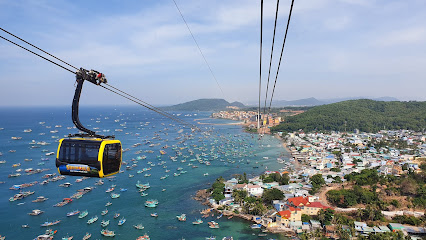
Phu Quoc Prison History Museum
Explore the poignant history of Vietnam at Phu Quoc Prison History Museum, a must-visit for history enthusiasts and curious travelers alike.
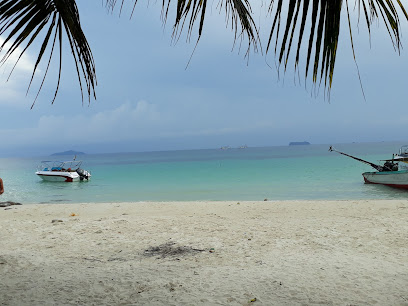
Vinpearl Grand World Phu Quoc
Experience the captivating blend of relaxation and cultural richness at Vinpearl Grand World Phu Quoc, a must-visit paradise on Vietnam's stunning coastline.
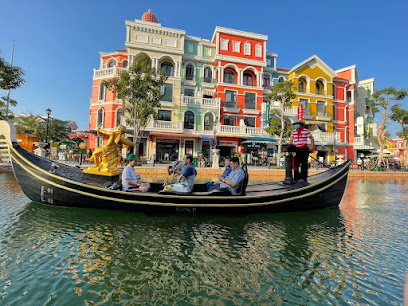
Phú Quốc
Explore the stunning beaches, rich culture, and lush landscapes of Phú Quốc Island, Vietnam's paradise for nature lovers and adventure seekers.
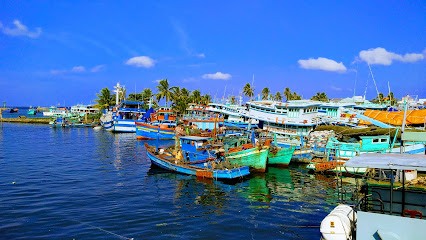
Dinh Cau temple
Discover the serenity of Dinh Cau Temple, a spiritual haven in Phu Quoc offering stunning views and rich cultural heritage.
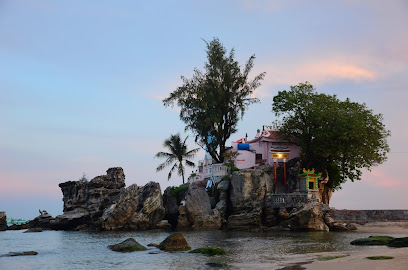
Phu Quoc Night Market
Experience the vibrant essence of Vietnam at Phu Quoc Night Market, where culinary delights and local crafts await your discovery.
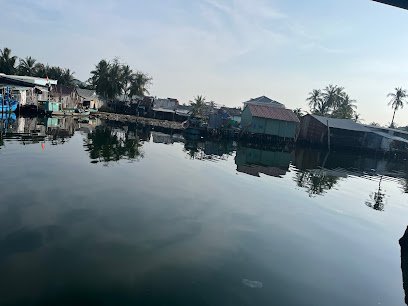
Thị trấn Hoàng Hôn Sunset Town
Discover the enchanting beauty of Sunset Town in Phú Quốc, where stunning sunsets, pristine beaches, and vibrant marine life await your exploration.
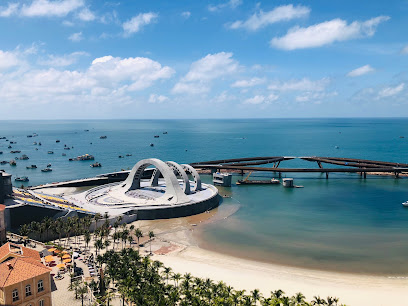
Sunset Town Beach
Experience the breathtaking beauty of Sunset Town Beach in Phú Quốc, Vietnam, where sun, sea, and sand create the perfect tropical escape.
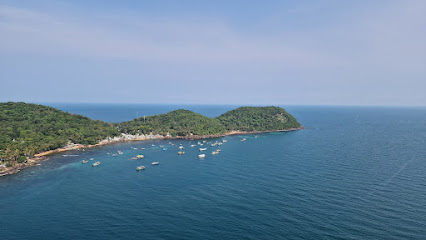
Su Muon Pagoda
Experience peace at Su Muon Pagoda, a captivating Buddhist temple in Phú Quốc, Vietnam, surrounded by lush landscapes and serene views.
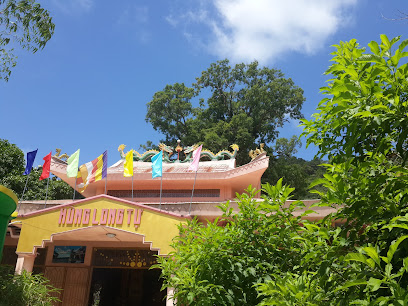
Bãi Trường
Discover the pristine beauty of Bãi Trường, a stunning beach haven in Phú Quốc, Vietnam, perfect for relaxation and adventure.
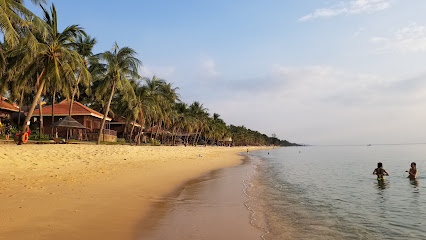
Phu Quoc Prison Martyrs' Monument
Explore the Phu Quoc Prison Martyrs' Monument, a poignant tribute to resilience and sacrifice amidst the island's lush landscapes.
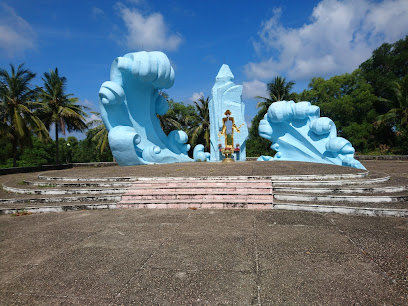
Đảo Thiên Đường - Hòn Thơm Paradise Island
Explore Hòn Thơm Island, a tropical paradise in Vietnam known for its stunning beaches, vibrant marine life, and lush landscapes perfect for relaxation.
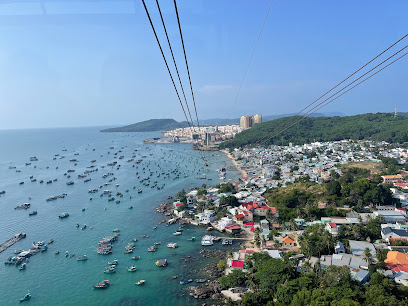
Dinh Bà Thủy Long Thánh Mẫu
Experience the tranquility and cultural richness of Dinh Bà Thủy Long Thành Mẫu in Phú Quốc, Vietnam—a spiritual haven worth exploring.
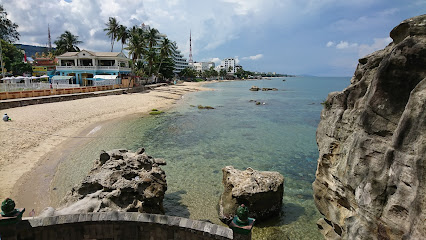
Quốc Mẫu Hall
Discover the spiritual beauty of Quốc Mẫu Hall in Phú Quốc, Vietnam – a serene retreat rich in culture and local traditions.
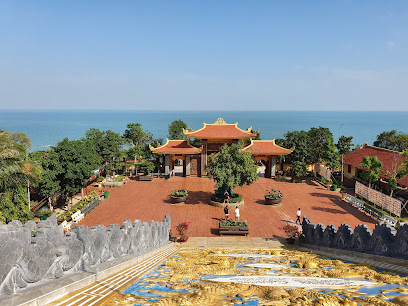
Old Duong Dong Airport
Discover the historical essence of Old Duong Dong Airport, a charming relic on Phu Quoc Island that combines nostalgia with stunning natural beauty.
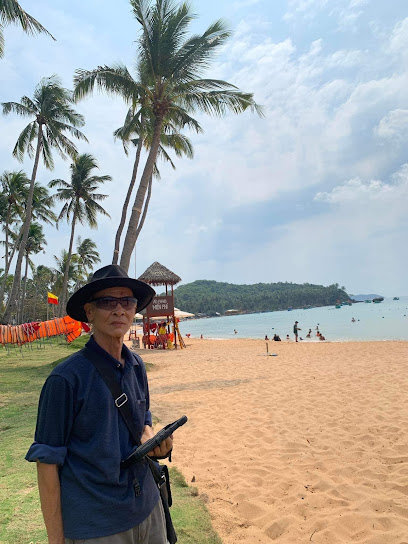
Unmissable attractions to see
Premier Village Phu Quoc Resort
Discover the paradise of Premier Village Phu Quoc Resort, where luxury meets nature in Vietnam's breathtaking landscapes.

Aquatopia Water Park
Experience the ultimate water adventure at Aquatopia Water Park, Phu Quoc, Vietnam - where fun meets relaxation in a tropical paradise.
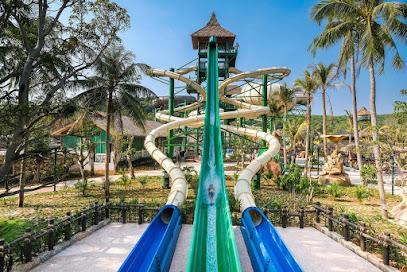
Hawaii Phu Quoc Resort
Experience luxury and tranquility at Hawaii Phu Quoc Resort, your perfect getaway on the beautiful Phu Quoc Island, Vietnam.

Sorrento Restaurant & Bar
Experience a culinary paradise at Sorrento Restaurant & Bar in Phú Quốc, Vietnam, where local flavors meet international delights in an inviting atmosphere.

RuNam Phú Quốc
Experience the essence of Vietnamese cuisine at RuNam Phú Quốc, where culinary traditions meet modern elegance in a stunning setting.

Vườn Tiêu Đức Thạnh
Discover the rich flavors and lush landscapes of Vườn Tiêu Đứt Thành, a must-visit pepper plantation in Phú Quốc, Vietnam.
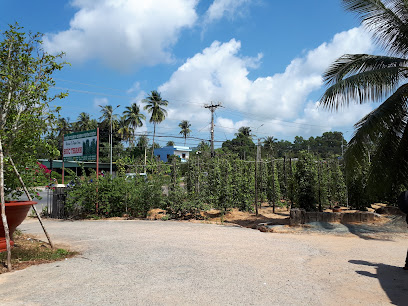
Bãi biển Thị trấn Hoàng Hôn
Discover the tranquil beauty of Bãi biển Thị trấn Hoàng Hôn, a coastal paradise in Kiên Giang, Vietnam, perfect for relaxation and stunning sunsets.

Kiss of the Sea show - Nụ hôn của Biển Cả
Discover the enchanting 'Kiss of the Sea' show in Phú Quốc—a vibrant celebration of Vietnamese culture and marine beauty that you'll never forget.

Kiss Bridge
Discover the enchanting Kiss Bridge in Phú Quốc, Vietnam—a picturesque spot for stunning views, romantic moments, and unforgettable memories.

Bãi Trường
Explore Bãi Trường, Phú Quốc's stunning beach known for its soft sands, vibrant sunsets, and a wealth of activities for every traveler.
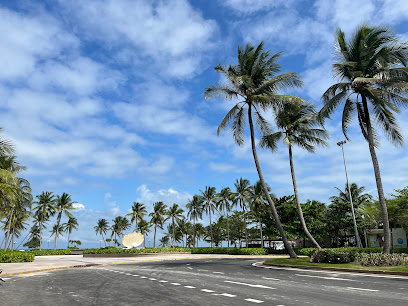
Cầu Hôn Phú Quốc - Kiss Bridge Phu Quoc
Discover the romantic allure of Cầu Hôn Phú Quốc, a stunning bridge offering breathtaking views and unforgettable experiences in Vietnam.
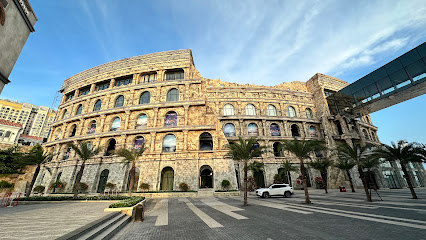
Thom Beach Bar
Experience the charm of Thom Beach Bar in Phu Quoc, where stunning ocean views and delicious cuisine create a perfect tropical getaway.
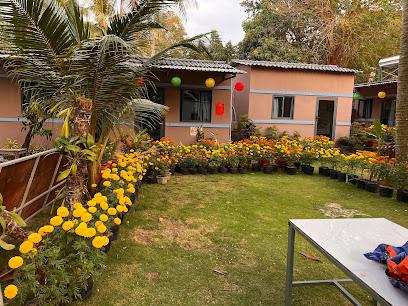
Kiss of the Sea show - Nụ hôn của Biển Cả
Immerse yourself in the captivating 'Kiss of the Sea' show in Phú Quốc, where stunning visuals and cultural storytelling create an unforgettable experience.
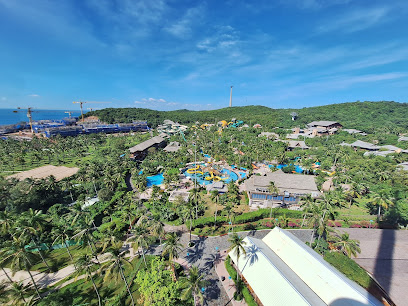
RED RIVER TOURS
Discover Phu Quoc's breathtaking landscapes and vibrant culture with Red River Tours, your premier sightseeing experience in Vietnam.
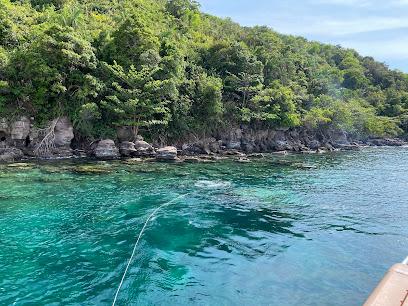
Tháp Đồng hồ
Discover the breathtaking beauty and cultural richness of Tháp Động Hồ, a serene tourist attraction in Phú Quốc, Vietnam.
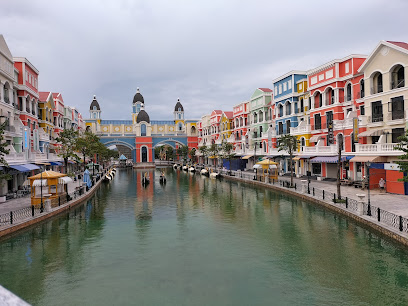
Essential places to dine
Chuồn Chuồn Bistro & Bar
Experience vibrant Asian fusion cuisine at Chuồn Chuồn Bistro & Bar, where breathtaking views meet culinary excellence in Phú Quốc.
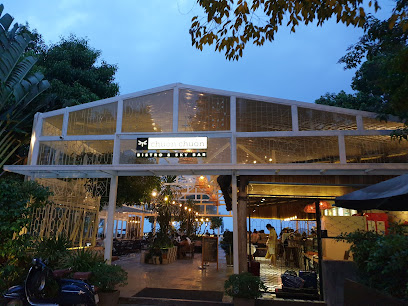
Xin Chao seafood restaurant
Experience fresh seafood and authentic Vietnamese cuisine at Xin Chao Seafood Restaurant in Phu Quoc – a culinary gem by the sea.
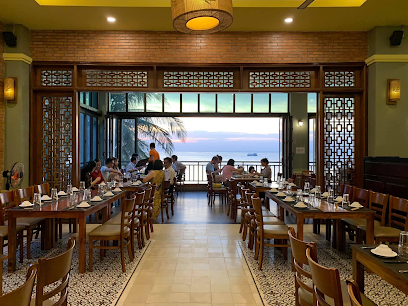
Saigonese Eatery
Experience the rich flavors of Vietnam at Saigonese Eatery - a premier destination for Asian Fusion cuisine in Phú Quốc.
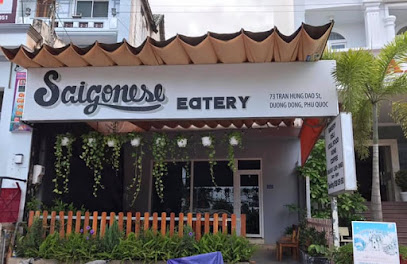
Ricordo Restaurant
Experience exquisite Italian cuisine with a fusion twist at Ricordo Restaurant in Phu Quoc - where every meal tells a story.
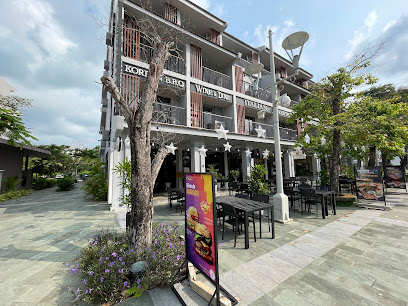
Mai Jo Restaurant
Experience authentic Vietnamese cuisine at Mai Jo Restaurant in Phú Quốc—where every dish tells a story of local flavors and traditions.
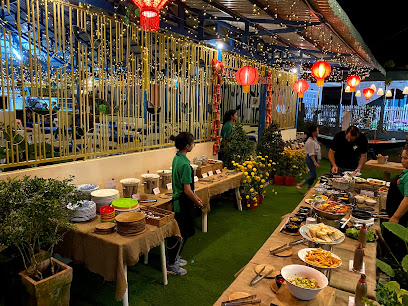
BUP SEAFOOD Restaurant
Experience the best of Vietnamese seafood at BUP SEAFOOD Restaurant in Phú Quốc—fresh flavors and local delicacies await you!
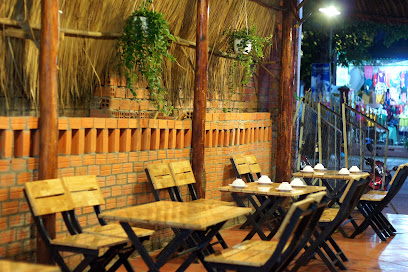
Nhà hàng hải sản Làng Cá
Discover exquisite seafood dishes at Làng Cá Seafood Restaurant in Phú Quốc - where fresh meets flavor in an enchanting coastal setting.
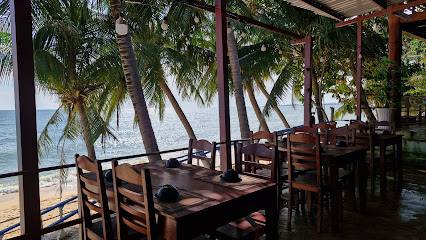
Tin Tin Pizza: family restaurant & vietnamese food & vegetarian food
Experience authentic Vietnamese flavors at Tin Tin Pizza in Phú Quốc - a family-friendly restaurant offering delicious dishes and refreshing cocktails.
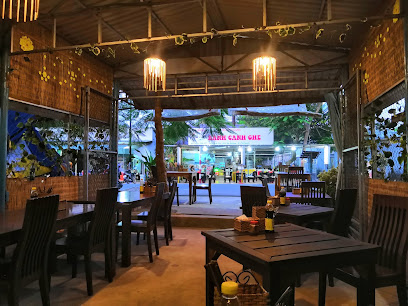
Restaurant Eat Pray Love Phu Quoc
Experience authentic Vietnamese cuisine at Eat Pray Love in Phu Quoc – a culinary haven for food lovers seeking fresh flavors.
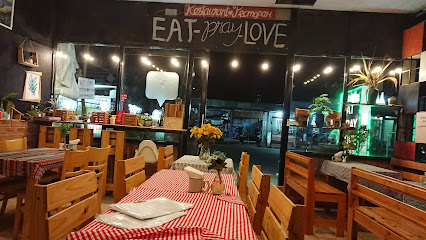
Banana Garden
Discover the flavors of Vietnam at Banana Garden, Phú Quốc's charming restaurant known for its delicious dumplings and inviting atmosphere.
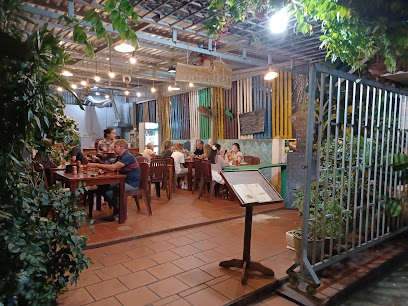
May Restaurant
Discover authentic Vietnamese flavors at May Restaurant in Phú Quốc - where delightful dishes meet warm hospitality.
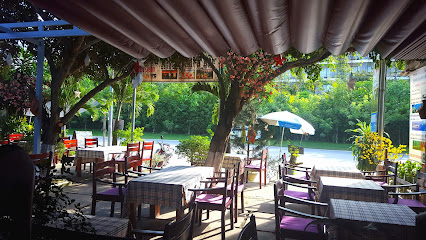
LEMONGRASS RESTAURANT
Experience authentic Vietnamese cuisine at Lemongrass Restaurant in Phú Quốc, where every dish tells a story of tradition and flavor.
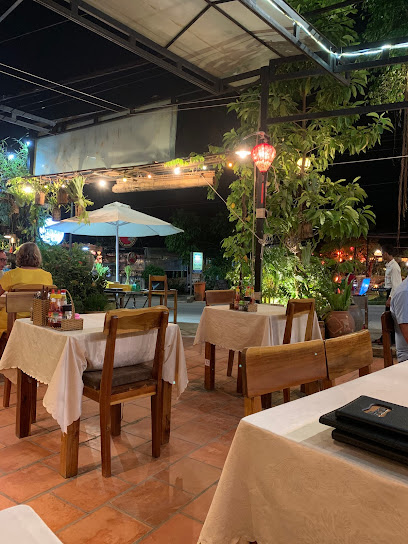
Shri Phú Quốc seafood restaurant
Experience the best seafood dining on Phú Quốc Island with stunning ocean views and authentic Vietnamese flavors.
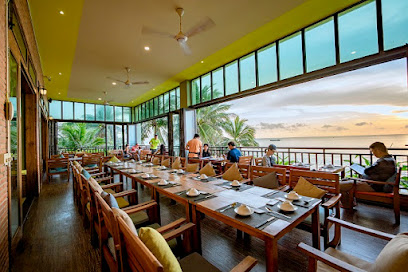
No1 Sher-e-Punjab Indian Restaurant 126 Tran hung Dao phu Quoc kien Giang Vietnam near long Beach center
Experience authentic Indian flavors at No1 Sher-e-Punjab in Phu Quoc – where vibrant cuisine meets warm hospitality.
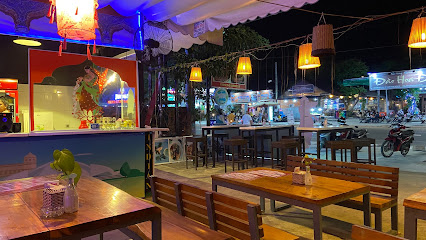
Huong Bien Restaurant - Vietnamese Cuisine & Seafood
Discover authentic Vietnamese flavors at Huong Bien Restaurant - your gateway to delectable seafood and traditional dishes in Phú Quốc.
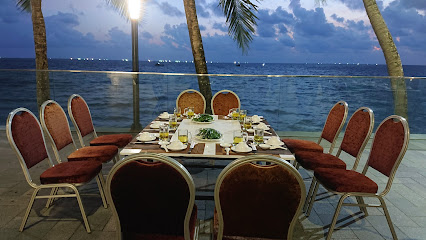
Markets, malls and hidden boutiques
Long Beach Center
Explore exquisite jewelry at Long Beach Center, a gem in Phú Quốc, Vietnam, blending local craftsmanship with modern elegance.
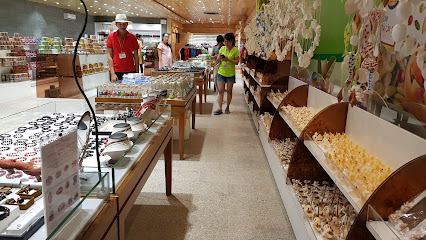
Quoc An Pearl
Experience the elegance of Quoc An Pearl, Phú Quốc's premier jewelry store, offering exquisite designs and a luxurious shopping atmosphere.
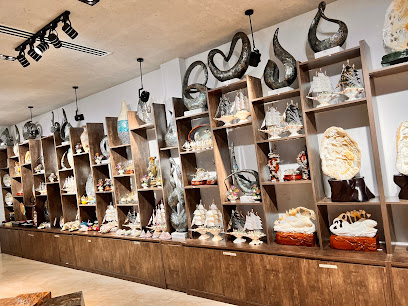
Vietnam One Stop
Explore Vietnam One Stop for unique souvenirs and local treasures in the heart of Phú Quốc, capturing the essence of your travels.
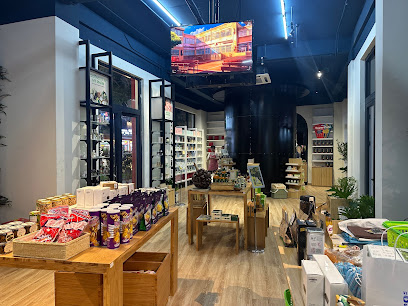
Long Beach Pearl
Experience the vibrant shopping scene at Long Beach Pearl, Phú Quốc's premier destination for fashion, dining, and local culture.
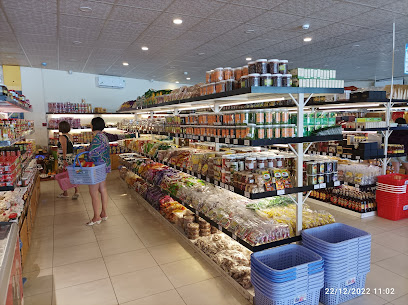
The One Up Store
Explore The One Up Store in Phú Quốc for unique souvenirs and local crafts, capturing the essence of Vietnam in every piece.
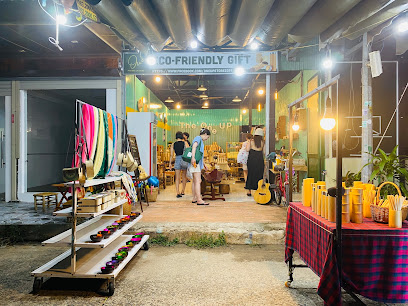
Sonasea Shopping Center
Discover the ultimate shopping and dining experience at Sonasea Shopping Center, Phú Quốc's vibrant hub of culture and commerce.
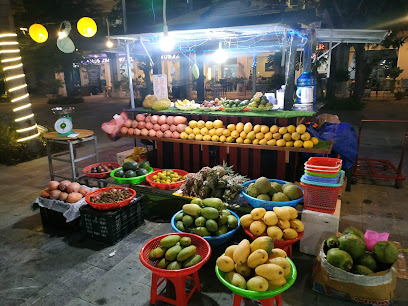
LITTLE PQ MART
Explore the vibrant offerings of Little PQ Mart in Phú Quốc, a shopping destination rich in local culture and unique finds.
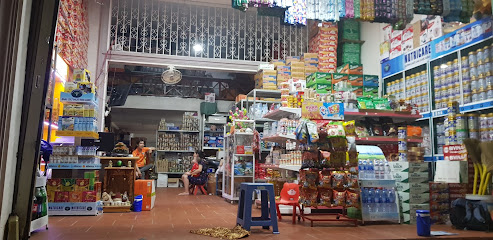
The Coconut Club Phu Quoc
Experience the vibrant beach culture at The Coconut Club Phu Quoc, your go-to destination for stylish beachwear and accessories.
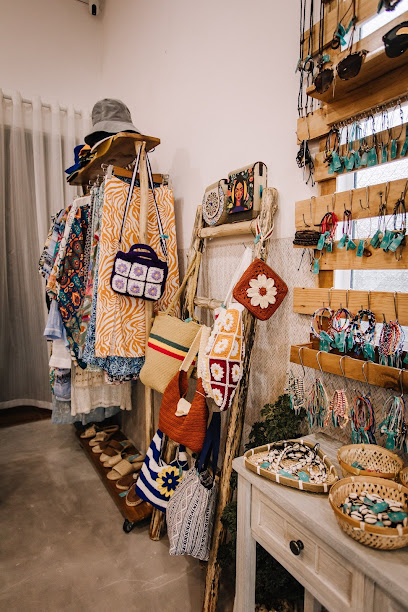
Hoàng Gia Shop-Bán, cho thuê áo dài,maxi,bikini Phú Quốc
Explore Hoàng Gia Shop in Phú Quốc for exquisite beachwear ranging from traditional áo dài to stylish bikinis, perfect for your tropical adventures.
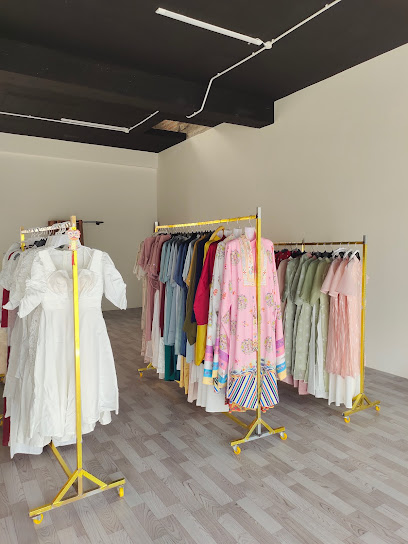
Cửa hàng tiện ích Phú Quốc
Explore Phu Quoc with ease at the convenience store offering essentials, rentals, and local products in the heart of Grand World.
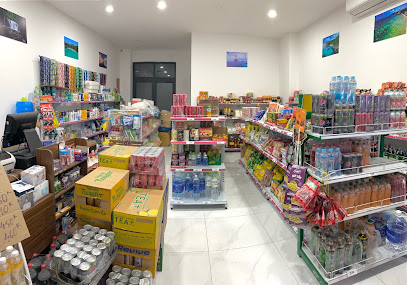
SoulViet5
Explore SoulViet5 in Phú Quốc for unique gifts and stylish fashion that showcase the rich culture of Vietnam.
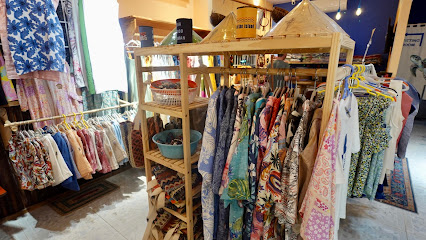
Doi's store
Discover Doi's Store in Phú Quốc, where local flavors meet the vibrant shopping experience in the heart of Vietnam's tropical paradise.
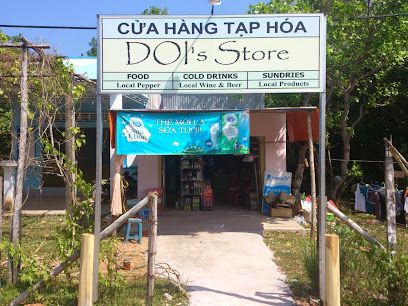
GIFT SHOP PHÚ QUỐC AN - SOUVENIRS SHOP
Explore vibrant souvenirs and trendy gifts at GIFT SHOP PHÚ QUỐC AN, where Vietnamese culture meets creativity in every corner.
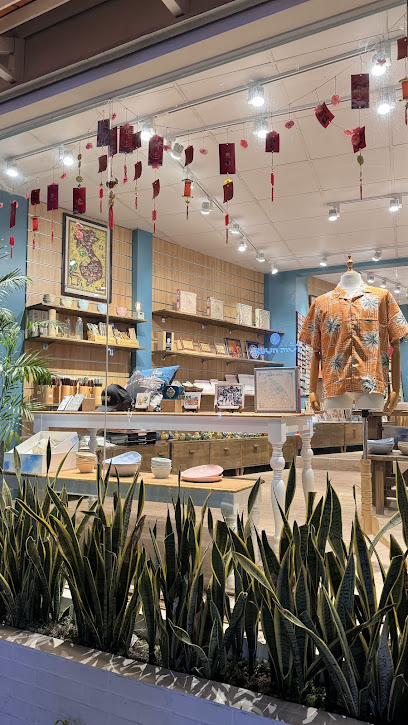
TENUEE SHOP
Explore the vibrant styles of TENUEE SHOP in Phú Quốc, where local flair meets modern fashion for an unforgettable shopping experience.

Tuka House
Discover unique Vietnamese souvenirs and local handicrafts at Tuka House, Phu Quoc's charming gift shop offering a taste of local culture.
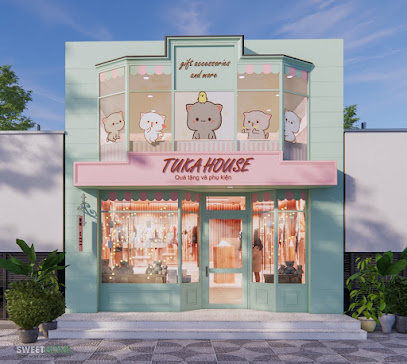
Essential bars & hidden hideouts
OCSEN Beach Bar & Club
Discover the vibrant charm of OCSEN Beach Bar & Club in Phú Quốc, a perfect blend of relaxation, delicious cuisine, and lively entertainment.
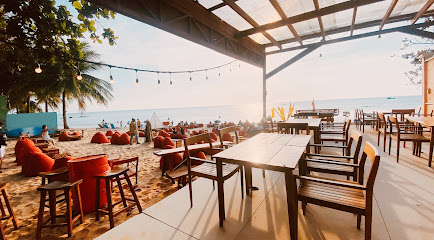
Sunset Beach Bar & Restaurant
Experience the vibrant atmosphere and stunning sunsets at Sunset Beach Bar & Restaurant in Phu Quoc, the perfect blend of relaxation and entertainment.
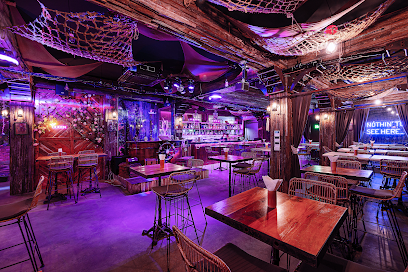
Rory's Beach Bar
Experience the perfect blend of relaxation and tropical vibes at Rory's Beach Bar in Phú Quốc, Vietnam, where every sunset is a celebration.
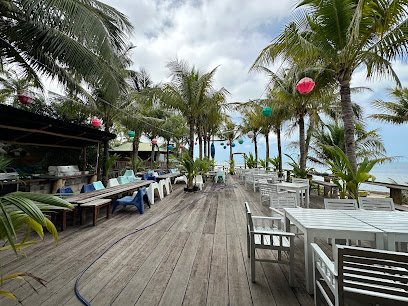
The Rabbit Hole Irish Bar
Experience the lively ambiance of The Rabbit Hole Irish Bar, where traditional Irish charm meets vibrant nightlife in Phú Quốc.
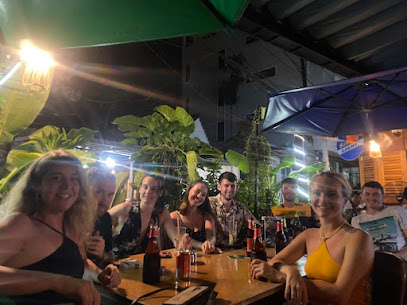
House No. 1
Discover the lively nightlife of Phú Quốc at House No. 1, where cocktails, live music, and a vibrant atmosphere await every traveler.
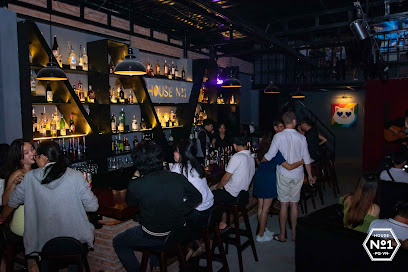
The Cheeky Traveller English Pub & Bar
Experience the lively atmosphere of The Cheeky Traveller, an English pub in Phú Quốc, offering cocktails, live music, and a friendly vibe.
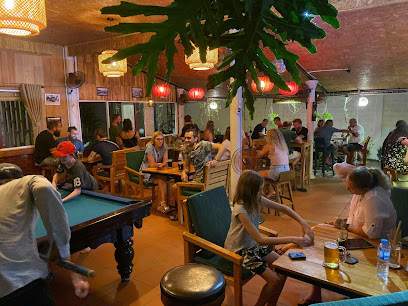
Bittersweet&Co - Secret Bar In A Chocolate Shop
Discover Bittersweet&Co, a secret cocktail bar in Phu Quoc's chocolate shop, where exquisite drinks meet artisanal treats.
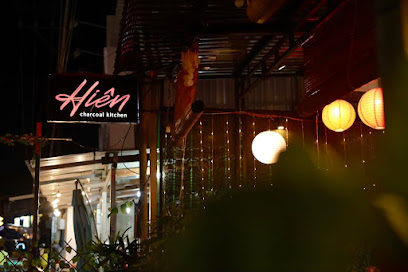
Istanbul Beach Club
Discover the vibrant atmosphere of Istanbul Beach Club in Phu Quoc, where Mediterranean flavors meet beachside relaxation and lively entertainment.
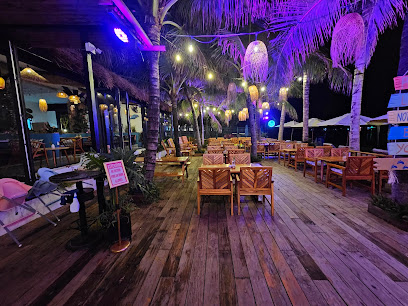
Blue Monkey Bar
Discover the vibrant nightlife of Phú Quốc at Blue Monkey Bar, where great drinks, live music, and an electric atmosphere await.
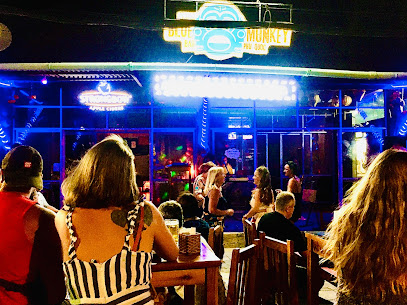
Highball Bar
Discover Highball Bar in Kien Giang, Vietnam - where exquisite cocktails meet a vibrant nightlife experience.
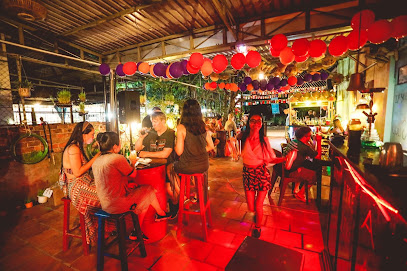
Coco Bar
Experience a delightful fusion of traditional Vietnamese and French cuisine at Coco Bar in Phú Quốc.
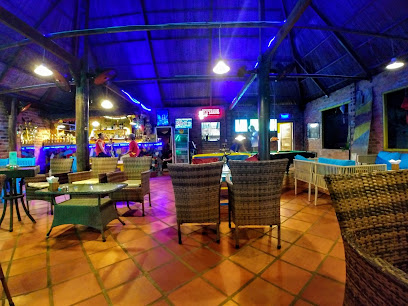
INK 360 Rooftop Bar
Discover breathtaking views and exquisite cocktails at INK 360 Rooftop Bar, the ultimate nightlife destination in Phu Quoc.
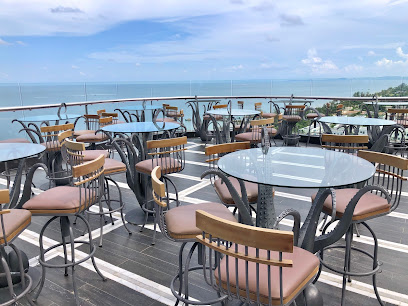
Passion Pub & Sports Bar
Discover the vibrant nightlife of Phú Quốc at Passion Pub & Sports Bar, where sports, drinks, and great vibes come together.
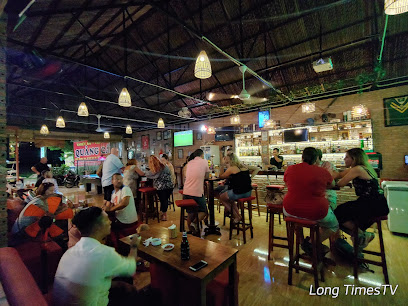
Luna Bar
Experience the vibrant nightlife of Phú Quốc at Luna Bar - where great drinks, live music, and a tropical ambiance await you.
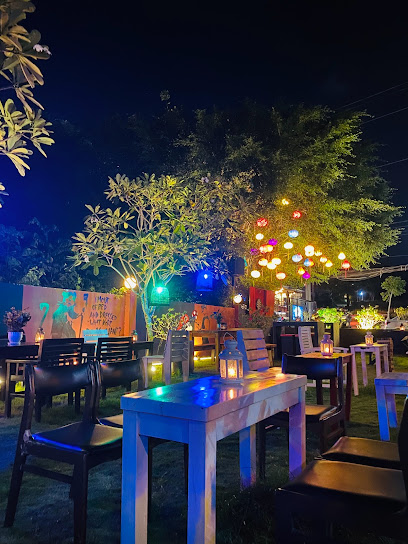
Local Phrases about Phu Quoc Island
-
- HelloXin chào
[sin chow] - GoodbyeTạm biệt
[tam byet] - YesCó
[koh] - NoKhông
[kohng] - Please/You're welcomeLàm ơn
[lam uhn] - Thank youCảm ơn
[kahm uhn] - Excuse me/SorryXin lỗi
[sin loy] - How are you?Bạn khỏe không?
[bahn kweh kohng] - Fine. And you?Khỏe. Còn bạn?
[kweh. kohn bahn] - Do you speak English?Bạn có nói tiếng Anh không?
[bahn koh noy tyeng anh kohng] - I don't understandTôi không hiểu
[toy kohng hyehw]
- HelloXin chào
-
- I'd like to see the menu, pleaseTôi muốn xem menu, làm ơn
[toy mwuhn sem menu, lam uhn] - I don't eat meatTôi không ăn thịt
[toy kohng an tit] - Cheers!Chúc sức khỏe!
[chuhk sook kweh] - I would like to pay, pleaseTôi muốn thanh toán, làm ơn
[toy mwuhn thanh twan, lam uhn]
- I'd like to see the menu, pleaseTôi muốn xem menu, làm ơn
-
- Help!Cứu!
[kyoo] - Go away!Đi đi!
[dee dee] - Call the Police!Gọi cảnh sát!
[goy cahn saht] - Call a doctor!Gọi bác sĩ!
[goy bahk see] - I'm lostTôi lạc đường
[toy lahkh doong] - I'm illTôi bị ốm
[toy bee ohm]
- Help!Cứu!
-
- I'd like to buy...Tôi muốn mua...
[toy mwuhn moo-ah...] - I'm just lookingTôi chỉ xem thôi
[toy chee sem toy] - How much is it?Nó giá bao nhiêu?
[noh zjah bao nyew] - That's too expensiveQuá đắt
[kwah dat] - Can you lower the price?Bạn có thể giảm giá?
[bahn koh the zjahm zjah]
- I'd like to buy...Tôi muốn mua...
-
- What time is it?Bây giờ là mấy giờ?
[bai zjah la my zjah] - It's one o'clockBây giờ là một giờ
[bai zjah la moot zjah] - Half past (10)Mười giờ nửa
[moo-ee zjah nwah] - MorningBuổi sáng
[bwow-ee sang] - AfternoonBuổi chiều
[bwow-ee chee-oo] - EveningBuổi tối
[bwow-ee toy] - YesterdayHôm qua
[hohm kwah] - TodayHôm nay
[hohm ny] - TomorrowNgày mai
[ny-ay my] - 1Một
[moot] - 2Hai
[hai] - 3Ba
[bah] - 4Bốn
[bohn] - 5Năm
[nahm] - 6Sáu
[sow] - 7Bảy
[bahy] - 8Tám
[tam] - 9Chín
[cheen] - 10Mười
[moo-ee]
- What time is it?Bây giờ là mấy giờ?
-
- Where's a/the...?Chỗ...ở đâu?
[choh...uh dzow] - What's the address?Địa chỉ là gì?
[dee-ah chee la zjee] - Can you show me (on the map)?Bạn có thể chỉ cho tôi (trên bản đồ)?
[bahn koh the chee choh toy (trern bahn doh)] - When's the next (bus)?Khi nào là chuyến xe buýt tiếp theo?
[khee nay la chwuhn sen bwit tyep the-oh] - A ticket (to ....)Một vé (đi ...)
[moot vee (dee ...)]
- Where's a/the...?Chỗ...ở đâu?
History of Phu Quoc Island
-
Phu Quoc Island, known locally as Đảo Ngọc (Pearl Island), has a rich history dating back to ancient times. Archaeological findings suggest that the island has been inhabited for thousands of years. The earliest settlers are believed to have been part of the Óc Eo culture, a thriving maritime civilization that played a crucial role in regional trade networks.
-
During the 17th century, Phu Quoc was under the influence of the Khmer Empire. The island was a strategic location for trade and military purposes. Remnants of Khmer architecture and inscriptions can still be found, pointing to a period when the island was a cultural and economic hub in the region.
-
In the late 17th century, Vietnamese settlers started to arrive on Phu Quoc Island. This period also saw the arrival of Chinese Ming dynasty refugees, who fled the Qing conquest of China. These settlers contributed significantly to the island's development, bringing with them agricultural techniques, fishing practices, and cultural traditions that have shaped the local way of life.
-
Phu Quoc came under French colonial rule in the mid-19th century, becoming part of French Indochina. The French recognized the island's strategic importance and established a presence there. They developed infrastructure, including roads and plantations, and introduced new agricultural products such as pepper, which remains a significant industry on the island today.
-
During the Vietnam War, Phu Quoc Island was the site of a notorious prison known as the Coconut Tree Prison (Nhà Tù Cây Dừa). Built by the French and later used by the South Vietnamese government, it housed thousands of Viet Cong prisoners. The prison became infamous for harsh conditions and brutal treatment. Today, it serves as a historical museum, preserving the memory of those who were imprisoned there.
-
In recent decades, Phu Quoc has transformed into a major tourist destination. The island's pristine beaches, clear waters, and vibrant marine life attract visitors from around the world. While tourism has brought economic growth, efforts are being made to balance development with the preservation of the island's natural and cultural heritage. The establishment of the Phu Quoc National Park in 2001 is an example of these conservation efforts.
Phu Quoc Island Essentials
-
Phu Quoc Island is accessible by both air and sea. The Phu Quoc International Airport (PQC) has direct flights from major cities in Vietnam, as well as international flights from various countries. Alternatively, you can take a ferry from the mainland. Ferries operate from Ha Tien and Rach Gia, with the journey taking around 2.5 to 3 hours. The island is also connected by regular speedboat services.
-
Getting around Phu Quoc is relatively easy. Motorbike rentals are very popular and provide a flexible way to explore the island. Taxis are also readily available and reasonably priced. For those who prefer public transport, there are local buses, though they may not cover all tourist spots. Bicycle rentals are another eco-friendly option, especially for short distances.
-
The official currency in Vietnam is the Vietnamese Dong (VND). Credit and debit cards are widely accepted in hotels, restaurants, and larger stores. However, it's advisable to carry some cash for smaller establishments and markets. ATMs are plentiful in the main towns, so withdrawing money is generally convenient.
-
Phu Quoc is generally considered safe for tourists. However, it is advisable to take standard precautions. Avoid leaving personal belongings unattended on the beach. Although the island has a low crime rate, areas like Duong Dong's night market can be crowded, so be cautious of pickpockets. Always use reputable transportation services to avoid scams.
-
In case of emergency, dial 113 for police, 114 for fire services, and 115 for medical emergencies. The island has a hospital and several clinics that can handle most medical issues. It is also advisable to have travel insurance that covers medical emergencies and evacuation if necessary. Pharmacies are available for minor health concerns and over-the-counter medications.
-
Fashion: Do dress modestly, especially when visiting religious sites. Avoid wearing overly revealing clothing. Religion: Do respect local customs and traditions, particularly when visiting temples. Public Transport: Do be respectful and give up your seat to elderly passengers. Don't eat or drink on public transport. Greetings: Do greet people with a friendly smile or a slight bow. A handshake is also acceptable. Eating & Drinking: Do try local delicacies and accept food offerings graciously. Don't refuse hospitality, as it is considered impolite.
-
To experience Phu Quoc like a local, visit the night markets where you can enjoy fresh seafood and local dishes. Engage with the local fishermen and learn about their way of life. Don't miss the fish sauce factories, pepper farms, and pearl farms, which are integral to the island's economy and culture. For a unique experience, explore the lesser-known beaches and hiking trails in the Phu Quoc National Park.
Trending Landmarks in Phu Quoc Island
-
Hon Thom Departure Terminal - Sun World Hon Thom Nature Park
-
Phu Quoc Prison History Museum
-
Vinpearl Grand World Phu Quoc
-
Phú Quốc
-
Dinh Cau temple
-
Phu Quoc Night Market
-
Thị trấn Hoàng Hôn Sunset Town
-
Sunset Town Beach
-
Su Muon Pagoda
-
Bãi Trường
-
Phu Quoc Prison Martyrs' Monument
-
Đảo Thiên Đường - Hòn Thơm Paradise Island
-
Dinh Bà Thủy Long Thánh Mẫu
-
Quốc Mẫu Hall
-
Old Duong Dong Airport
Nearby Cities to Phu Quoc Island
-
Things To Do in Kampot
-
Things To Do in Kep
-
Things To Do in Sihanoukville
-
Things To Do in Koh Rong
-
Things To Do in Phnom Penh
-
Things To Do in Koh Kong
-
Things To Do in Can Tho
-
Things To Do in Trat
-
Things To Do in Ho Chi Minh City
-
Things To Do in Battambang
-
Things To Do in Kratie
-
Things To Do in Siem Reap
-
Things To Do in Vung Tau
-
Things To Do in Rayong
-
Things To Do in Koh Samui












